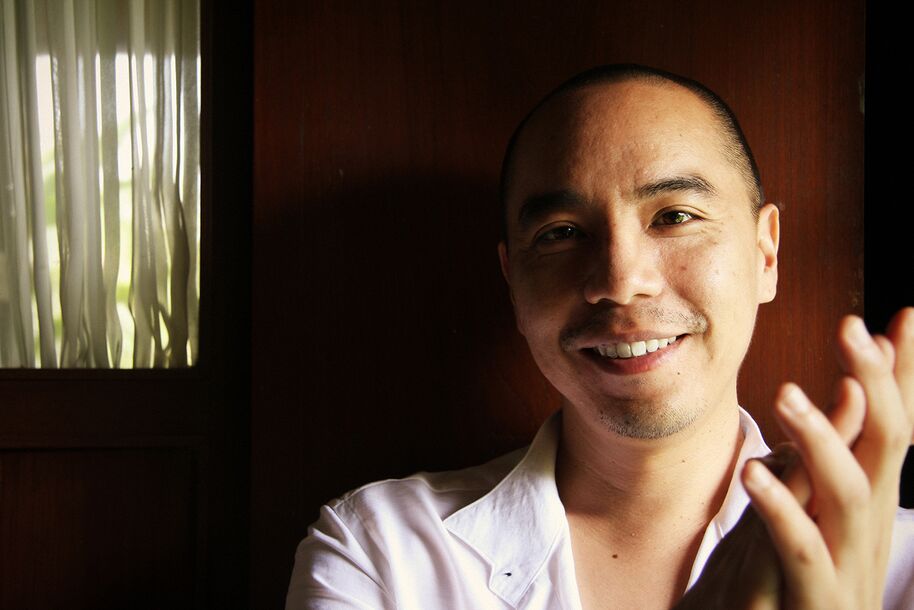News
Apichatpong Weerasethakul Wins Artes Mundi Prize


On January 24, Thai artist and filmmaker Apichatpong Weerasethakul was awarded the eighth Artes Mundi Prize at a gala ceremony held at the National Museum Cardiff in Wales. Launched in 2002, the GBP 40,000 (USD 52,700) Artes Mundi Prize is the highest-valued contemporary art award in the United Kingdom, and is granted biennially to an international artist whose practice contributes to a greater understanding of the human condition.
Best known for his Palme d’Or prize-winning film, Uncle Boonmee Who Can Recall His Past Lives (2010), Apichatpong creates works at the intersection of dreams and reality that examine the societal contradictions born from Thailand’s hypercapitalist modernity and current military regime. Born in Bangkok in 1970, the artist received his undergraduate degree in architecture from Khon Kaen University in 1994, and his Master of Fine Arts in filmmaking from the School of the Art Institute of Chicago in 1997.
His winning entry for the Artes Mundi Prize, Invisibility (2016), is a 12-minute black-and-white, two-channel video installation commenting on state censorship and political corruption in Thailand. Artes Mundi director Karen Mackinnon commended Apichatpong for his “unique approach to his gallery installations in which he interrogates film and cinema as an expanded artistic and cultural practice. Through his work, he creates liminal spaces in which imagination is a radical strategy of resistance. These multifaceted works are as much about the vastness of human imagination as they are about political oppression and personal freedom.” In a joint statement, this year’s judges added: “When times are tough it is sometimes not safe to talk about politics explicitly and Apichatpong Weerasethakul provides us with some subtle tools of resistance: the methodology of camouflage demonstrated in Invisibility is a powerful weapon in these turbulent times.”
Oliver Basciano, international editor at ArtReview, was chair of the jury, which also included Mami Kataoka, deputy director and chief curator of Tokyo’s Mori Art Museum; independent curator Laura Raicovich; and Anthony Shapland, creative director of the Cardiff-based, artist-run space, g39.
Apichatpong was chosen from a shortlist of five, which included Cairo-born, Armenian artist Anna Boghiguian; Moroccan-French artist Bouchra Khalili; Antwerp-based, Nigerian visual and performance artist Otobong Nkanga; and American multidisciplinary artist Trevor Paglen.
Previous awardees include British artist, writer and filmmaker John Akomfrah; American social practice artist Theaster Gates; Israeli filmmaker and photographer Yael Bartana; Indian painter and sculptor NS Harsha; and Chinese visual artist Xu Bing.
The Artes Mundi Prize exhibition will be on view at the National Museum Cardiff through February 24.
Julee WJ Chung is ArtAsiaPacific’s assistant editor.
To read more of ArtAsiaPacific’s articles, visit our Digital Library.







